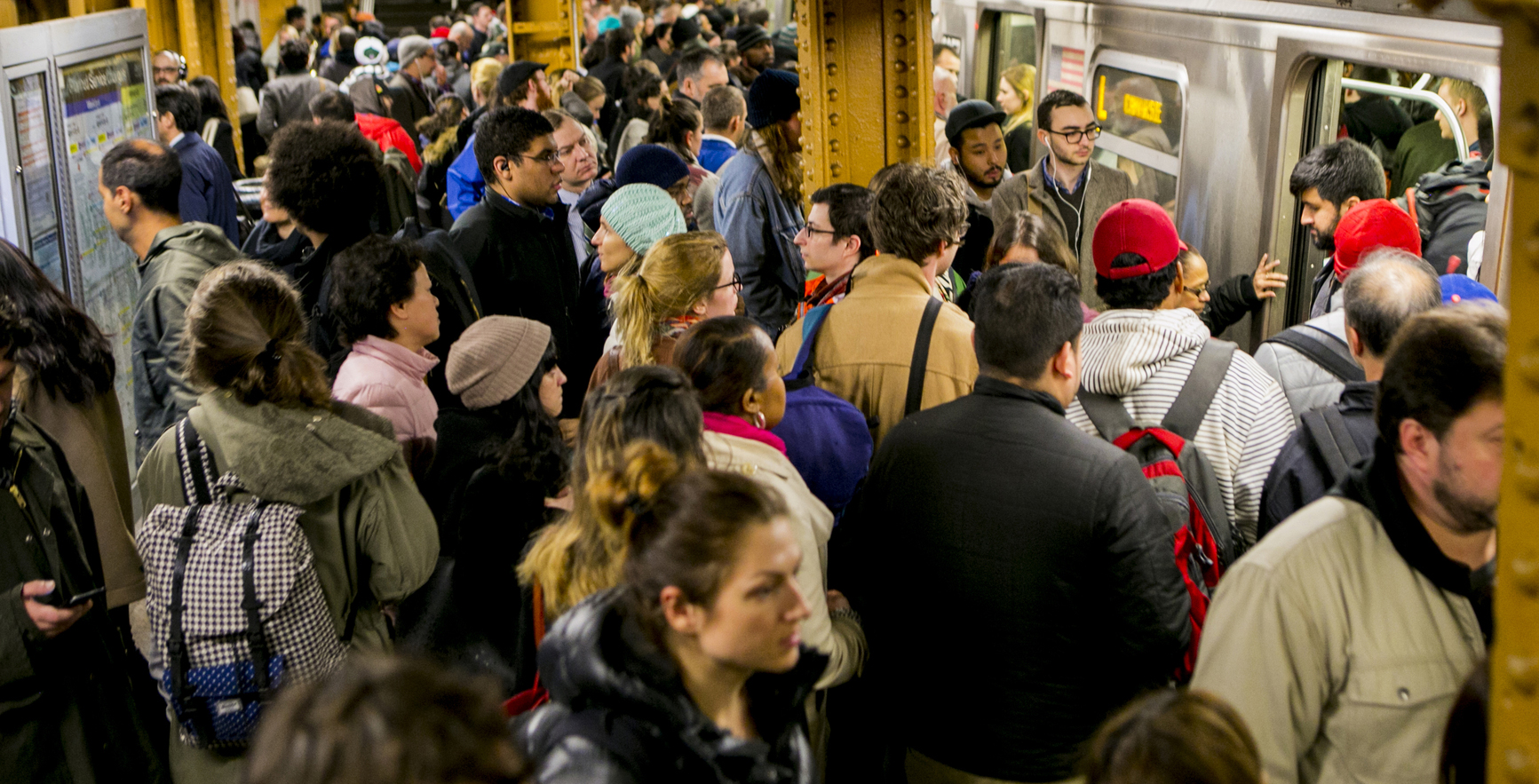Summary:
Joseph Lynskey, a New Yorker, survived being shoved onto subway tracks on New Year's Eve.
Lynskey suffered serious injuries including four broken ribs, a fractured skull, a ruptured spleen, and a concussion.
The attack, deemed random by police, was captured on surveillance video.
Lynskey's incredible resilience: He plans to continue using the subway despite the trauma.
Lynskey's powerful message calls for increased subway safety measures and better protection for New York City citizens.
NYC Subway Shove Survivor's Remarkable Resilience
Joseph Lynskey, a 45-year-old New Yorker, was shoved onto subway tracks on New Year's Eve. Despite suffering four broken ribs, a fractured skull, a ruptured spleen, and a concussion, he survived the ordeal. Lynskey's incredible story highlights the perils of subway violence in NYC and his unwavering determination to overcome adversity.
The Incident
While waiting for a train at the West 18th Street station, Lynskey was pushed onto the tracks by a 23-year-old man, Kamel Hawkins, who has been arrested and pleaded not guilty to attempted murder and assault charges. The attack, captured on surveillance video, was described by police as random.
Lynskey's Recovery and Message
Lynskey spent a week in the hospital and is now recovering with the help of physical therapists. Despite the trauma, his message is clear: he will not be intimidated and plans to continue using the subway. He calls for improved safety measures on the city's vital transportation system, stating, "The subway is the lifeline of this city. I don’t think any New Yorker should have to stand against a wall or hold on to a pillar to feel safe as the train approaches." He emphasizes the need for better protection of citizens and declares the current situation "unacceptable."
Gov. Hochul's Response
Following a string of high-profile violent crimes in the subway, including Lynskey's incident, Governor Kathy Hochul has proposed legislative changes to address subway crime, including increasing police presence and expanding involuntary commitment laws for the mentally ill. However, not everyone supports these measures.









Comments
Join Our Community
Create an account to share your thoughts, engage with others, and be part of our growing community.